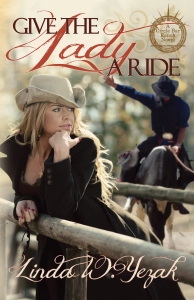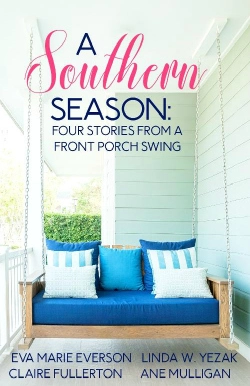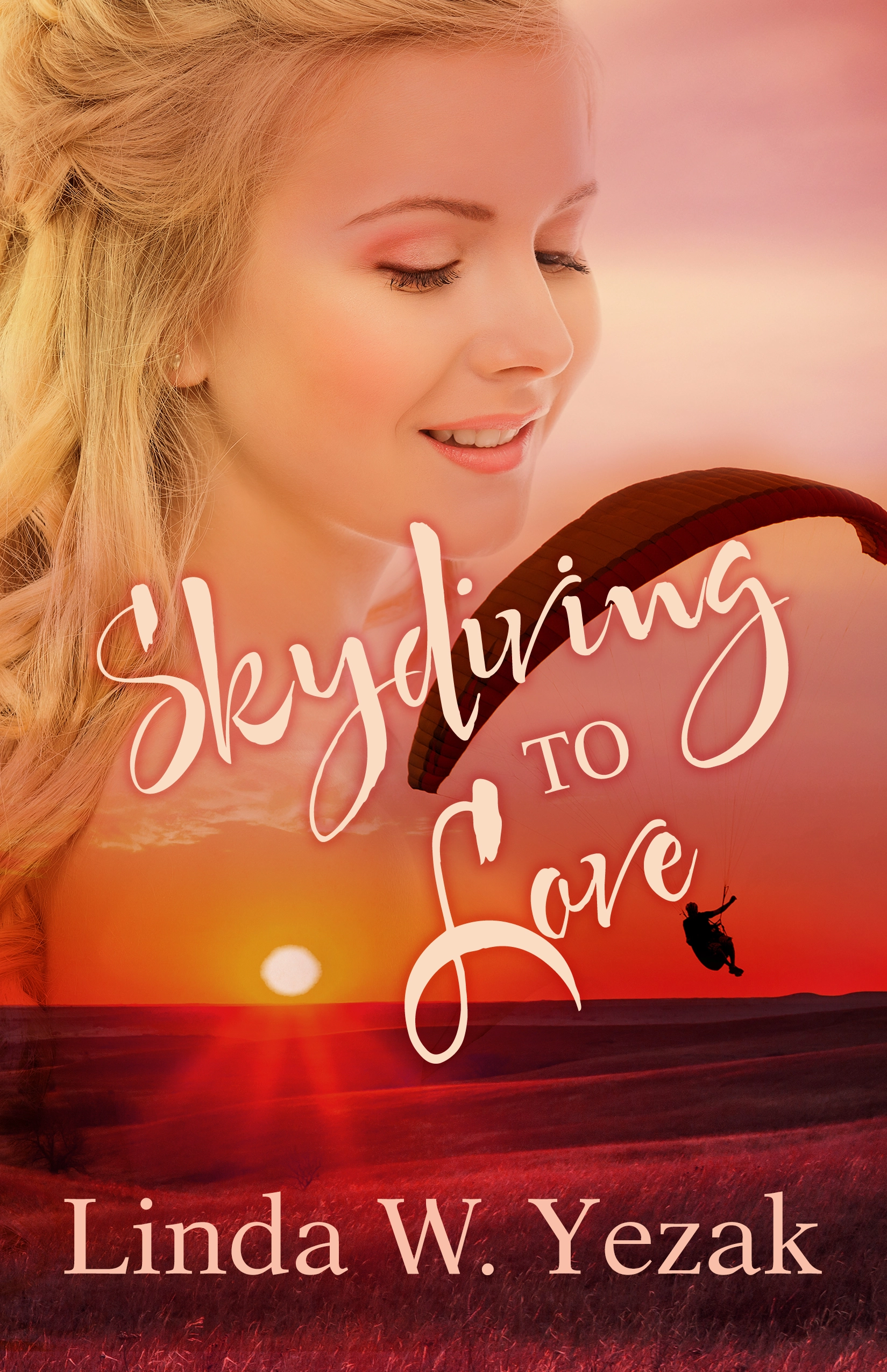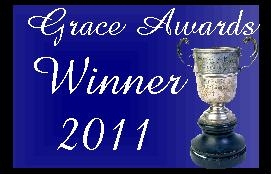 I wish I could engrave this in every writer’s mind. Basically, it’s a simple tenet: you have to know the rules before you can break them. But let’s skip the “breaking” part and realize that we must know the rules.
I wish I could engrave this in every writer’s mind. Basically, it’s a simple tenet: you have to know the rules before you can break them. But let’s skip the “breaking” part and realize that we must know the rules.
We writers—we creative types—balk at the idea of rules and laws pertaining to our craft, but guess what? They’re there, and they make us better at what we do.
Often, potential clients will write to me, letting me know they want just a proofread, that they’ve already edited, that they’re pleased with the piece as is and just want to be sure they don’t have typos. These are the hardest manuscripts for me to work on because more often than not, what the client is “pleased with” is sub-par. Who wants to be par much less sub-par? But they’re not interested in an honest critique, just that they have no typos. So I do what I’m told. Usually. I accept this type of job less and less these days.
Their attitude should anger every indie author out there. Many indies are scrambling to overcome the stigma of being self-published and to a certain extent are winning. Being independent is gaining in respectability—particularly since so many big-name authors are dipping a toe into the more lucrative waters. But as long as there are writers who don’t care about the quality of their work, the stigma will remain.
I suppose I can’t preach to everyone, even though I try. If I could, I’d tell them to study the craft! Talent is great, but can you imagine how brilliantly talent will shine when coupled with mastery? Having a compelling story is great, but how much greater would it be if told in a compelling fashion?
Sigh. I guess my frustration is showing.
But seriously, if you’ve sent your work out for edit or critique by a professional, take the feedback seriously. Study up on the things that seem to be a weakness for you. And if you haven’t sent your work out for edit or critique, you should. Even the best of writers have professionals go over their work. Why should you be different?
Yes. My frustration is definitely showing. Rant over. I’ll hush now.


















I love this, and I say it all the time. Being indie doesn’t give you an excuse to do whatever you please. There are conventions that can’t be broken, and if someone tries, (and maybe succeeds) it’s not going to be by an unknown indie author. Being “creative” isn’t being ground-breaking. It’s hurtful to all of us trying to make a living as an indie author. Stand out by writing page-turning plots, well-rounded characters, and in a style that readers want and expect from a book. (My rant is over, too.)
LikeLike
Preach it, sister!
LikeLike
I have tossed my share of bad books. Some don’t even bother with punctuation. They head hop until I have a headache, and the list goes on. As a reader, I am clapping my hands in agreement.
However, as an author (I guess I’ll use that term), I cringe.
It’s a ton of work to edit a manuscript, and editors are worth every dime. Having said that, if money were no object . . .
I sometimes think the poor aren’t meant to publish, write maybe, but not publish, unless we can somehow garner the attention of a traditional publisher. Sigh. Hard truth isn’t always easy to swallow (even with a dollop of sugar added. 😉 )
Those of us who really do want to write the best book possible use Beta Readers and critique partners, listen to constructive criticism, read books on writing, grammar, and plotting. We subscribe to forums, newsletters, and blogs. (This is one of my favorites 🙂 ). However, without being able to afford professional editing . . .
Something I have chewed on for a long, long time.
Thank you for your honest, and always helpful opinions, Linda. I know you want authors to produce the best books possible, whether they are traditionally published or Indie. It does reflect back on all authors.
LikeLike
The best thing to do is to network. Christianwriters.com is one place for Christians to do that, but there are others, and they don’t cost a penny. Another thing to do is to find an editor who will work with you within your budget. There are many who will—myself included. Another option is to trade services with someone. Studying the how-to books and practicing helps tremendously
It’s true, hiring an editor and joining professional organizations can be expensive (though so well worth it). But there are ways to get quality help. As for you, Ceci, all you have to do is ask. You know I’m here for you.
LikeLiked by 1 person
I would love your help! Would I be taking an unfair advantage of your generosity and friendship? I would never want to do that. Then, I suppose you wouldn’t offer it you felt that way . . . 😀 And I would return your generosity anyway I could, ***Bigger Grin***
I am still a member of Christianwriters,com. And, I will take up your other suggestions too. Thank you!
LikeLike
Wouldn’t offer otherwise. 😀
LikeLiked by 1 person
Amen, Sistah!
LikeLike
Preaching to the choir, I guess. 😀
LikeLike
Keep on preaching…and I will too.
LikeLike
Maybe if enough of us do, we’ll be heard.
LikeLike
Such a lovely quote. It pretty much covers every angle!
LikeLike
Yep. It should be poster-sized. 😀
LikeLike